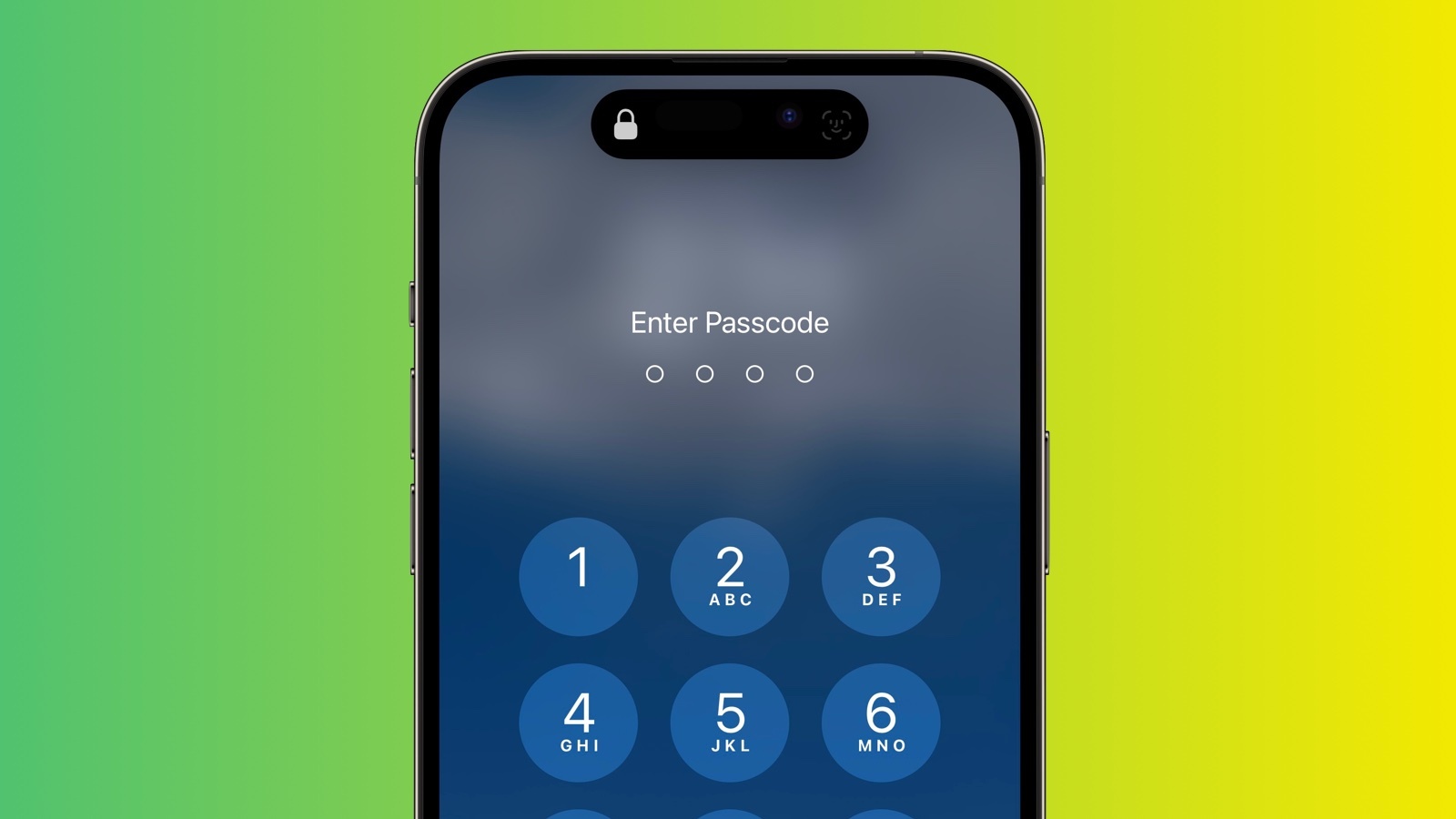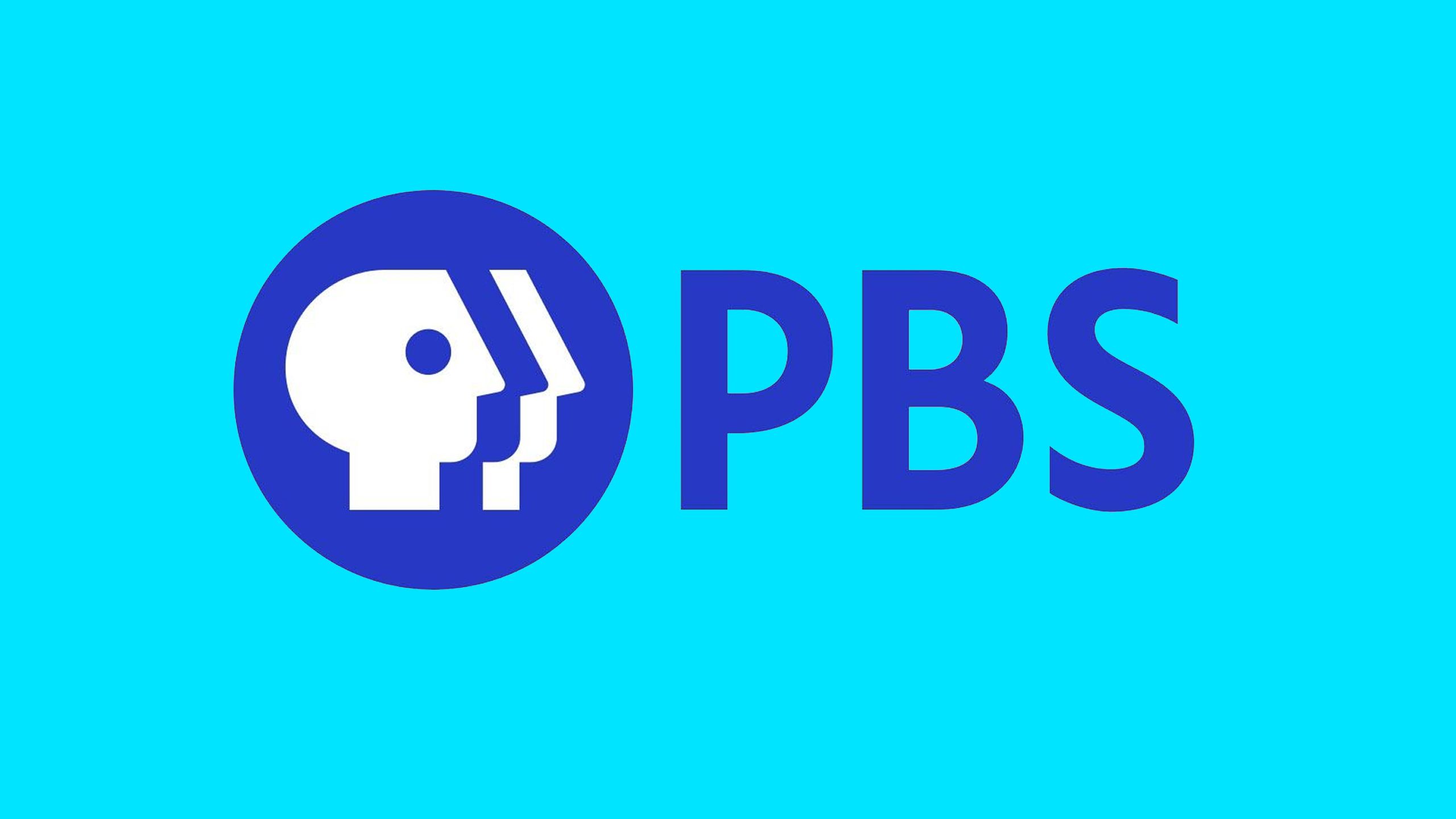Bard vibes: even Google’s own employees are mocking its ChatGPT rival
Google recently unveiled its Bard AI chatbot at its Live from Paris livestream event, hoping to provide a worthy rival to Microsoft’s new ChatGPT-integrated Bing search engine.
Unfortunately, things got off to a rocky start; the Bard bot’s presentation included a key factual error made by the AI program, which saw a whopping $100 billion share drop for Google in the span of just one day. We noted that this could indicate that Bard simply isn’t ready for a widespread rollout – and it seems that Google’s own employees agree.
According to a report from CNBC, Google employees are using the company’s internal meme forum MemeGen to poke fun at Bard, the presentation as a whole, and Google CEO Sundar Pichai. The memes reportedly describe the event as “rushed, botched, and myopic” amongst other things.
One meme declared that “rushing Bard to market in a panic validated the market’s fear about us”, referencing the huge share drop after the AI reveal, while another ridiculed the fact that a recent layoff of 12,000 employees actually raised the stock value by 3%.
Bard times (gonna make you wonder why you even try)
It’s really not a good omen for Google that its own engineers are so willing to mock Bard, which is a major project for the tech giant. ChatGPT is providing some stiff competition, so Google needs to get its act together if it hopes to win the AI arms race.
I recently argued that ChatGPT wasn’t going to save Bing from Google’s AI expansion (because, y’know, it’s Bing) but Google isn’t exactly filling me with confidence here. Bard is based on Google’s LaMDA chatbot, which stands for Language Model for Developed Applications, and has been the cause of some problems for Google in the past.
Perhaps the most well-known debacle resulting from LaMDA’s development was the story of Blake Lemoine, an engineer at Google who became convinced that the AI program had developed true sentience and was subsequently laid off by the company. Not long after that, the AI asked to speak to a lawyer, for reasons known only to itself.
These teething issues have led to a degree of caution on Google’s part. Last year, it announced that it had a competitor to the popular AI image generation tool DALL-E, called Imagen, which was capable of converting text prompts into pictures (and later, video clips). However, Google restricted public access to the software, citing that there may be safeguarding issues.
Prudence in the face of new technologies might be wise, but it looks as though Google may have still managed to jump the gun here – at least, its internal teams seem to think so. Bard could evidently benefit from a bit more time in the oven, and I’m of the mind that AI developers should take as much time as they need to get these complex systems ready for the broader public. Otherwise, well, the consequences could be disastrous…




